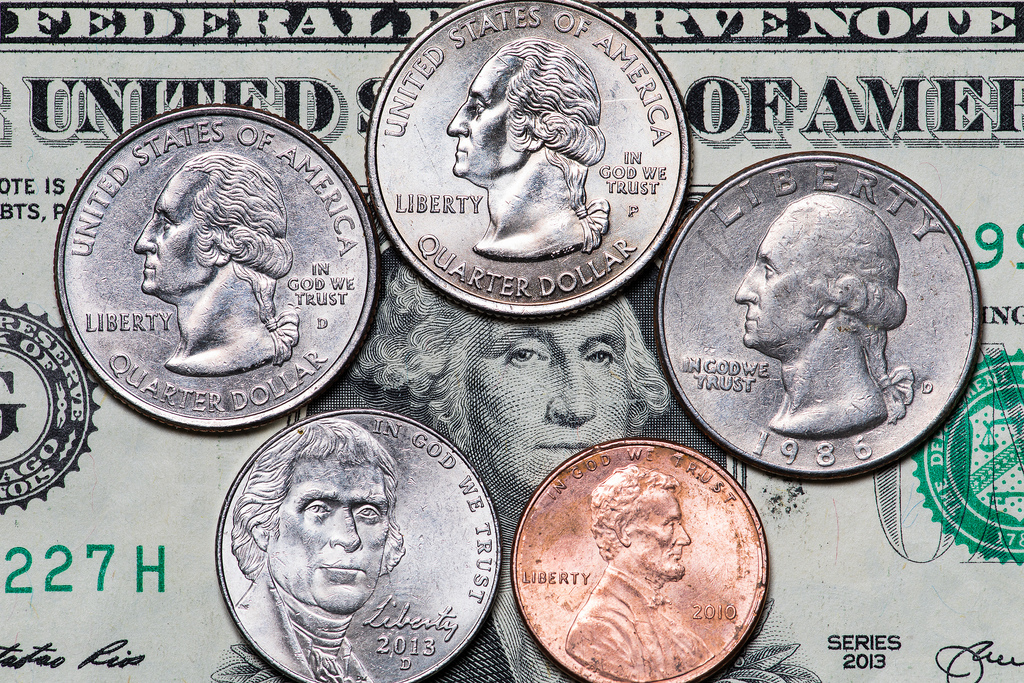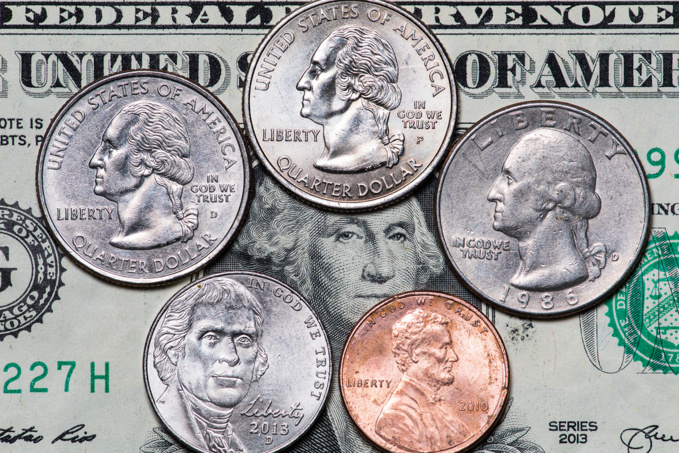Collapses in the US stock market are occurring with regularity that frightens investors, and this affects markets in other countries. Calls to reform the international monetary system and find a dollar alternative sound louder and louder with each such collapse.
In particular, it is proposed to use the virtual currency of the International Monetary Fund - Special Drawing Rights (SDR). Now SDRs are intended for settlements within the framework of the IMF. In addition, a dozen international and regional organizations use SDRs as a unit of account when setting prices and tariffs.
Experts continue to argue about whether this synthetic currency is able to become a full-fledged replacement for the dollar. In the meantime, central banks of various countries are taking very concrete steps that actually close the door to the American currency: they reduce the share of the dollar in international reserves.
Analysts are sure that central banks, which now hold most of their reserves in dollars, will be increasingly getting rid of the US currency. In the second quarter of last year, the share of the euro in global reserves rose to 20.26 percent - the maximum since the fourth quarter of 2014. And it threatens America with big problems.
“The current status of the dollar as the main reserve currency allows us to isolate the American economy from external shocks,” said Linda Goldberg, vice president of the New York Federal Reserve Bank.
At first glance, now there’s nothing particular that would threat the dollar. As the well-known financier and Head of A. G. Bisset Associates, specializing in currency market research, Ulf Lindahl recalled, the dollar broke a historical record. In relation to other key currencies, it has reached the highest level in the last thirty years.
However, according to him, the picture will change soon: the dollar is entering a long-term period of a downtrend. According to the financier, the US currency will depreciate to the euro by 40 percent in the next five years.
As analysts of the American investment bank JPMorgan Chase calculated earlier, the decline will begin by the end of 2019, and the dollar will not be able to reverse this trend.
"In the end, we are waiting for the dollar to be falling for many years. In the second half of next year, we will witness the weakening of the US currency," JP Morgan analysts pointed out in December.
source: libertystreeteconomics.newyorkfed.org, bloomberg.com
In particular, it is proposed to use the virtual currency of the International Monetary Fund - Special Drawing Rights (SDR). Now SDRs are intended for settlements within the framework of the IMF. In addition, a dozen international and regional organizations use SDRs as a unit of account when setting prices and tariffs.
Experts continue to argue about whether this synthetic currency is able to become a full-fledged replacement for the dollar. In the meantime, central banks of various countries are taking very concrete steps that actually close the door to the American currency: they reduce the share of the dollar in international reserves.
Analysts are sure that central banks, which now hold most of their reserves in dollars, will be increasingly getting rid of the US currency. In the second quarter of last year, the share of the euro in global reserves rose to 20.26 percent - the maximum since the fourth quarter of 2014. And it threatens America with big problems.
“The current status of the dollar as the main reserve currency allows us to isolate the American economy from external shocks,” said Linda Goldberg, vice president of the New York Federal Reserve Bank.
At first glance, now there’s nothing particular that would threat the dollar. As the well-known financier and Head of A. G. Bisset Associates, specializing in currency market research, Ulf Lindahl recalled, the dollar broke a historical record. In relation to other key currencies, it has reached the highest level in the last thirty years.
However, according to him, the picture will change soon: the dollar is entering a long-term period of a downtrend. According to the financier, the US currency will depreciate to the euro by 40 percent in the next five years.
As analysts of the American investment bank JPMorgan Chase calculated earlier, the decline will begin by the end of 2019, and the dollar will not be able to reverse this trend.
"In the end, we are waiting for the dollar to be falling for many years. In the second half of next year, we will witness the weakening of the US currency," JP Morgan analysts pointed out in December.
source: libertystreeteconomics.newyorkfed.org, bloomberg.com



















